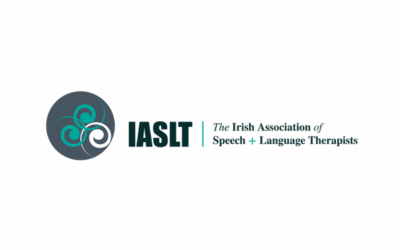The Mineral Products Association Northern Ireland (MPANI) has raised urgent concerns about the condition of Northern Ireland’s road network. Funding for essential maintenance is at its lowest in decades, and severe staff shortages within the Department for Infrastructure (DfI) are slowing project approvals and emergency responses.
Councils and contractors report that resurfacing and defect repair programmes have been scaled back or delayed, leaving roads deteriorating and safety at risk. The TRAM teams, responsible for transport and roads asset management, face unprecedented staffing gaps in engineering, inspection, and procurement.
Gordon Best, MPANI regional director, said years of underinvestment combined with the loss of experienced personnel have left the network “crumbling faster than it can be repaired.” He noted that safe, functional roads are essential for emergency services, school transport, freight, tourism, and rural connectivity.
The DfI workforce shortages have created a growing backlog of unrepaired defects, while delayed maintenance increases long-term costs. MPANI estimates that each £1 not spent on timely surface renewal could result in up to £4 in future reconstruction and damage costs.
MPANI is calling for immediate re-allocation of capital funding in the December Monitoring Round, prioritising stalled projects such as the A5, to restore road maintenance budgets to sustainable levels. The association also urges investment in a workforce recovery plan to fill vacancies and rebuild technical capacity across the department.
Best emphasised that urgent leadership and funding decisions are required to prevent further deterioration of a public asset valued at around £40 billion. The association frames well-maintained roads as foundational to economic efficiency and public safety.
MPANI calls on decision-makers to act swiftly to address the backlog and secure the long-term stability of the road network.
Read the full article for detailed analysis of MPANI’s recommendations and funding priorities.













.png)
